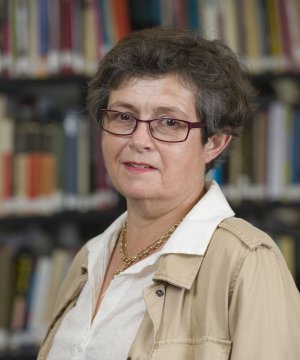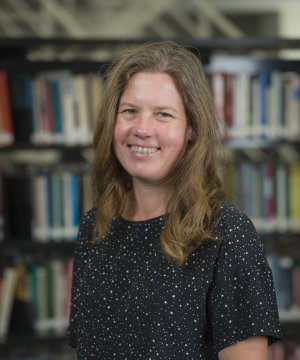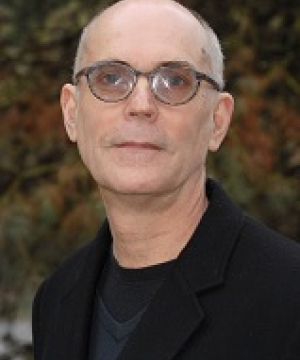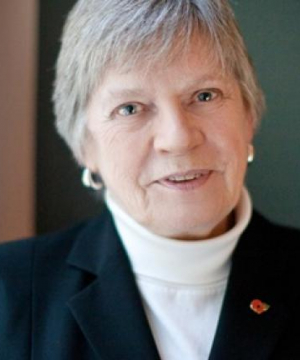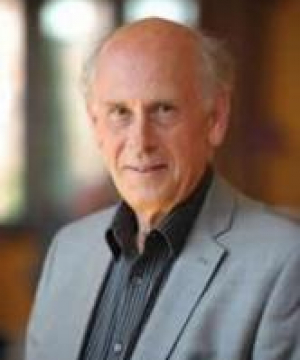Course details
At Homerton
During the first year, your supervisor for each of your four papers will be either a member of College or a specialist from the Department. Teaching during years two and three is organised by the Department of Archaeology, with lectures, seminars, supervisions and practicals led by specialists in the field. We typically take two students per year who are embedded in the thriving subject community at Homerton and also form close bonds within their subject cohort in the Department.
Homerton is a real hub for the study of archaeology, with a considerable number of fellows in the subject who all also teach the subject. Director of Studies Dr Katherine Boyle is a specialist in Palaeolithic archaeology, Dr Susanne Hakenbeck in late antique and early medieval archaeology, while Professor Matthew Collins studies ancient proteins. Homerton also has a number of dynamic researchers: Dr Carmen Ting works on knowledge transmission in the production of Islamic ceramics in Central Asia; Dr Pau Sureda studies metal working in the prehistoric Mediterranean; and Dr Nicolas Nikis works on the use of copper in Central Africa. Dr Kate Pretty, our former Principal and Honorary Fellow of Homerton is also an archaeologist; as is Dr Peter Warner, our former Senior Tutor and an Emeritus Fellow of Homerton. Both take an active interest in the subject in the college
The undergraduate degree course at Cambridge combines four different fields: Archaeology, Assyriology, Biological Anthropology and Egyptology. Over the course of your undergraduate degree, you might find yourself studying the behaviour of chimpanzees; learning about our oldest human ancestors; translating Egyptian hieroglyphs; learning about radiocarbon dating; or studying imagery in a Babylonian poem. You will gain insights into many of the most important challenges for human life on earth, from climate change to economic inequality; and from pandemic diseases to the politics of archaeological heritage in wartime. Excellent resources at Cambridge include the Cambridge Archaeological Unit, a well-equipped IT suite, purpose built laboratories and dedicated libraries. In addition, the Duckworth Collection of human and primate skeletal remains and fossil hominin casts, the Museum of Archaeology and Anthropology and the Fitzwilliam Museum provide access to extensive collections of primary sources of world importance.
After a joint first year, you will specialise in one or more of Archaeology, Assyriology, Biological Anthropology and Egyptology. Assyriology is the study of the languages, cultures, history, archaeology and religion of ancient Mesopotamia (Sumer, Babylonia and Assyria). Biological Anthropology explores human evolution, biology and behaviour, and the interaction between biology and culture. Egyptology is the study of the history, languages, society, archaeology and religion of ancient Egypt. Teaching at Cambridge combines lectures, seminars, practical work, language classes, and lab experience. Fieldwork experience, for which departmental subsidies are available, is a vital element of the Archaeology degree course, and there are many opportunities for students to join department-based research projects.
Anyone with an interest in the past can study archaeology. Both Arts and Science subjects provide a suitable school background. The main thing we look for is a passion for the past (and remember the past starts now) revealed by ‘things’ as well as the written word. Archaeologists do not study history by reading it or about it. We deal with ‘material culture’ so we look for an affinity with artefacts. We do not expect you to have excavated or volunteered in museums but we do like to see some indication that you have done something to develop your interest. What we look for in applicants is academic ability, motivation, and intellectual curiosity; because Archaeology is such a broad field, our students have backgrounds in everything from History to Biology, English to Physics, Philosophy to Geography. We value diversity, of background and outlook, and we welcome talented students from around the world.
In order to explore Archaeology in more detail we would recommend exploring some of the introductory reading for prospective applicants and offer holders listed here and the offer holder reading list available here.
You can also explore your chosen subject through the Homerton Resources page.
Archaeology and Biological Anthropology are truly multidisciplinary subjects and there really are no specific-subject requirements. If you are not taking any Arts/Humanities/Social Science subjects at the moment you can contact Homerton admissions for advice.
Admissions Assessment: Admissions assessment details for 2025 entry (and deferred 2026 entry) will be confirmed in Spring 2024.
Written Work: Applicants are required to submit one piece of written work prior to interview. This should be in essay format (not science coursework or a timed exam) with a word limit of up to 1500 words. The work can be extracted from an EPQ.
Although a significant number of graduates do continue in the study of archaeology in both academic and commercial spheres, many others move on to other things. The degree course provides training in digital skills, analytical thinking and communication skills, all of which are highly valuable in a wide number of professions. An understanding of deep time and the practices of our predecessors is beneficial in all walks of life, especially as the effects of climate and intensive environmental change become more apparent. In recent years, graduates have gone on to medical training, conservation (biological and museum), law, media, accountancy, banking and education overseas, with some returning to archaeology after a gap as their passion for the subject continues.
